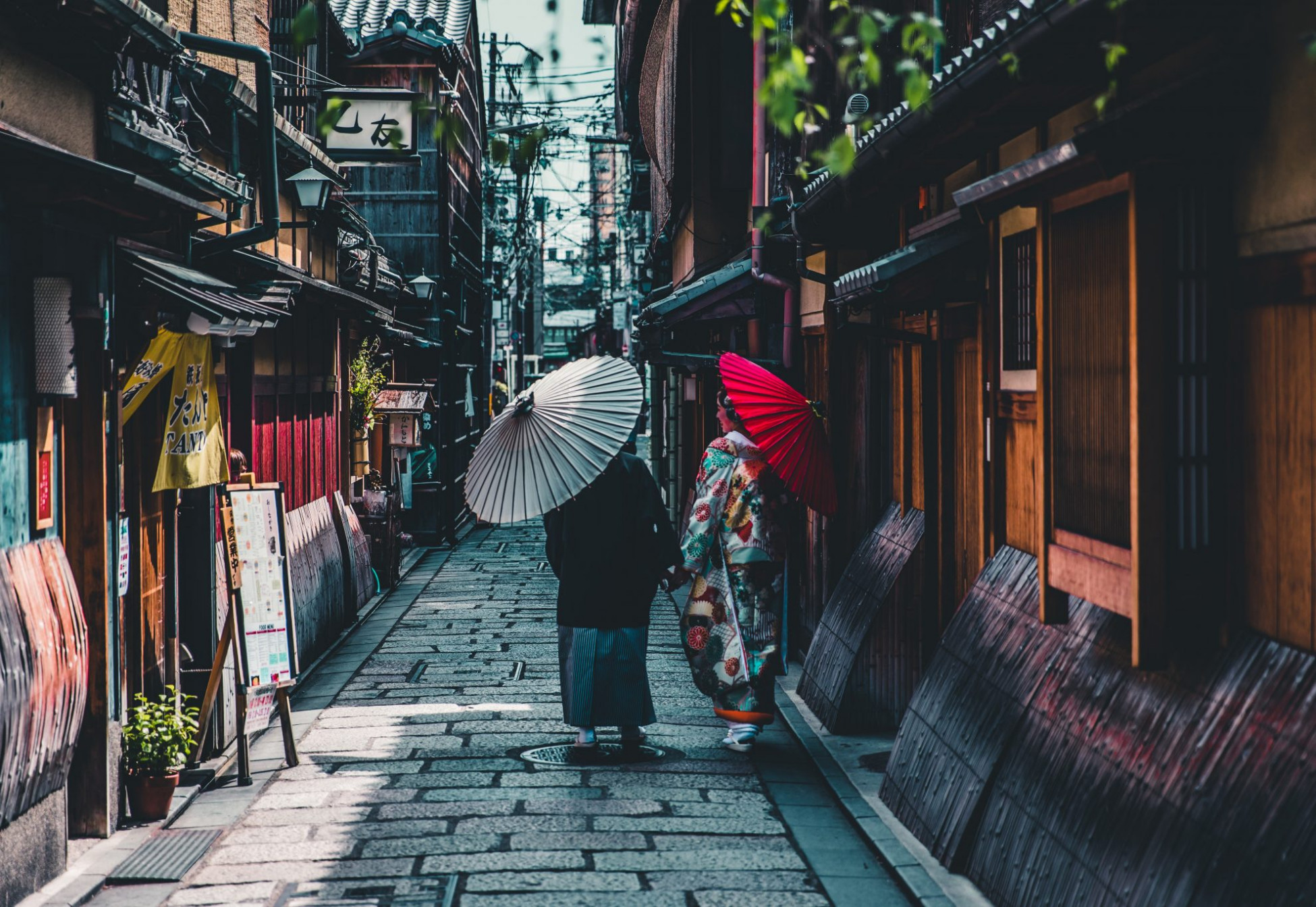
Group Description
Connect with travelers with disabilities and welcoming locals, offering tips on accessible hotels, wheelchair-friendly attractions, and transportation in Japan. From Tokyo’s bustling Shibuya Crossing and historic Asakusa to Kyoto’s golden Kinkaku-ji, Hiroshima’s Peace Memorial Park, and the hot springs of Hakone, whether it’s your first visit or a return trip, this is the place to ask about accommodations, getting around, or inclusive activities – someone here has likely experienced it before. You’ll find personal stories, travel tips, and recommendations for cultural, historical, and nature experiences. This group supports mobility aid users, along with travelers who have sensory sensitivities, low vision, and hearing loss, helping you enjoy a more accessible Japan adventure.
Reply To: GUNMA PREFECTURE JAPAN
Hello, welcome to the forum!
Leaving big cities dramatically reduces accessibility for a number of reasons.
- Train stations become fewer and further between – and a lot more of the stations are not wheelchair accessible.
- Most people rely on their cars to get around so there is less infrastructure
- While many medium sized cities have fairly well serviced bus routes, their buses are often older and are not wheelchair accessible. They may have no accessible buses, or have only a few so you may have a situation where only every third bus is accessible or only some routes are accessible.
Getting to the country side may also be difficult as most highway buses are not accessible. So, unless there is a major train going to your destination, it may be hard to even go there.
That being said, most medium sized cities likely have an accessible taxi (though, an expensive option).
That being said, depending on where you are going and what you want to see, there may be options/routes. If you could share more information on the sites you would like to visit, we could see what options exist.
Are you making the plans alone, or going with a travel company?
Hope this helps.